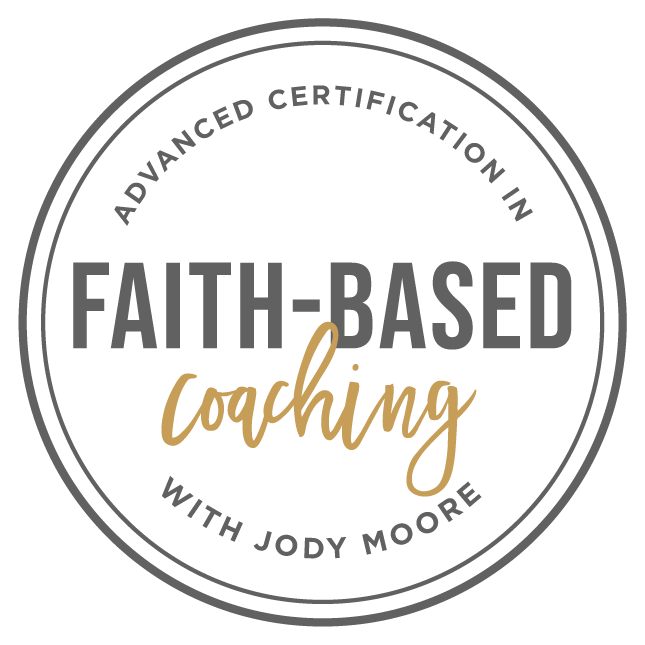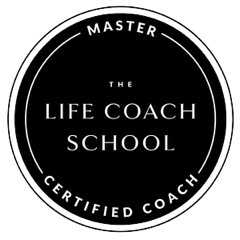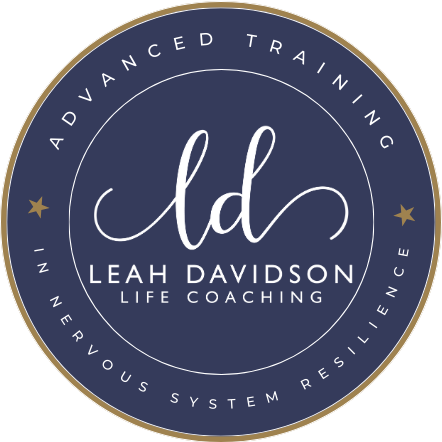Thanks for sharing and love your awareness! Remember you don’t “need” to manage your brain, the “need” adds pressure. You are “choosing” to manage your brain and strengthen your mental and emotional muscles – amazing!
Simply talking or writing things out can be so helpful. A couple things on your model to help clarify. Keep to one thought, the one that’s most problematic for you. You can do as many models as you’d like, it keeps things easier to understand when you just do one thought.
For example…
the thought: “I don’t know how to respond.” Question if that’s really true? You mentioned a few ways you could respond, so sounds like you do know how.
Or the thought: “I want to be true and honest but sometimes don’t have time.” Sounds like the feeling for that is discomfort.
Then fill up the action line with lots of things that you do or don’t do when you’re feeling confused in the first model or discomfort in the second model. By doing this, you’ll better understand what your thought and feeling are creating for you.
This also makes the result more specific. The results you have are insightful, and you could also notice from the first model the thought, “I don’t know how to respond” results in you not responding the way you’d like.
Observing your preference of having “a long, deep conversation with one person at a time” is great to know. Then questioning if that’s possible with every interaction you have?
Question, "What's the point in even talking right now?" when there is only time for short interactions?
This may be something you want to avoid AND is there any way these conversations could be helpful? Maybe and maybe not. You could “avoid these little interactions altogether” if you wanted, or you could sit in the discomfort of conversations not going the way you’d like and ponder if there is any lesson to be learned?
Beautiful work as you break down your circumstance, thoughts, feelings, actions and results in the model, and practice sitting with the feelings of discomfort, confusion and anything else that comes up for you.
P.S. One more thing to question: What if it wasn’t a problem that you “take things too literally or put more weight on them than is necessary”?
Please login or Register to submit your answer





